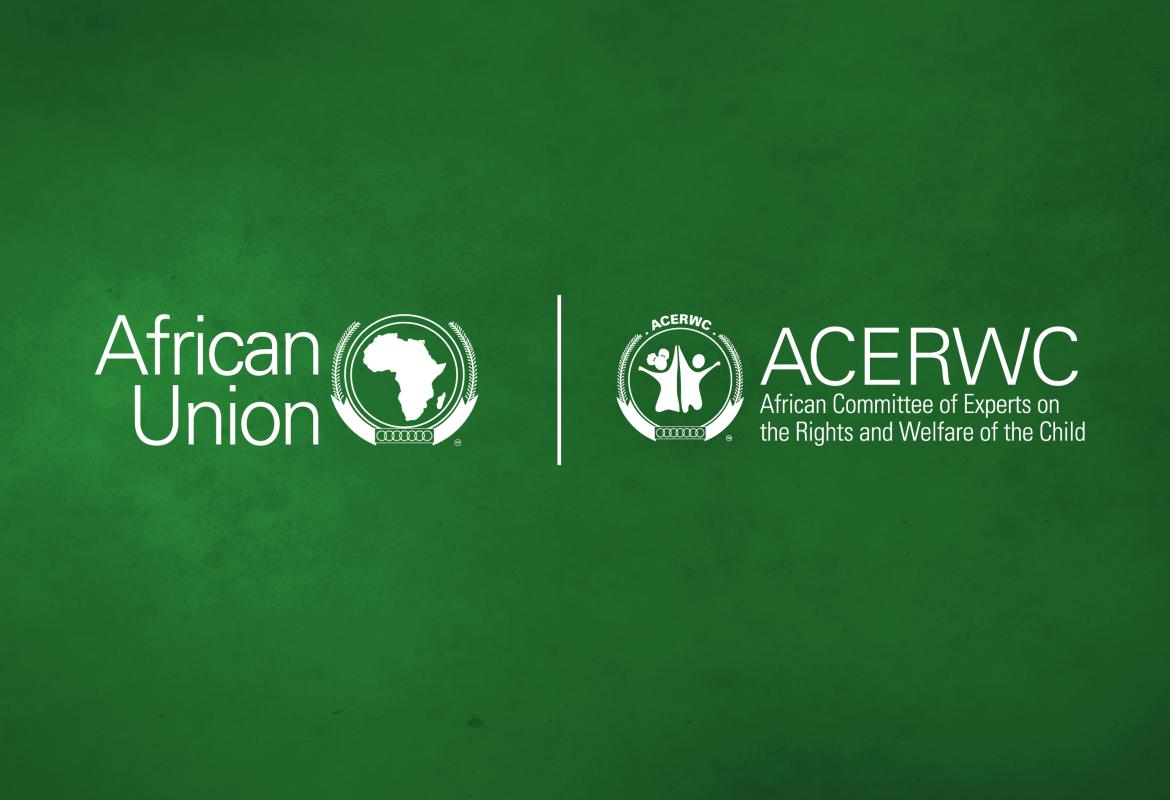Today, as we commemorate the Day of the African Child (DAC) the African Union Commission (AUC) and the African Committee of Experts on the Rights and Welfare of the Child (ACERWC) jointly reaffirm the Union’s steadfast commitment to safeguarding the rights, dignity and holistic development of all African children and children of African descent, regardless of gender, ability, socioeconomic status, geographic location or circumstance.
This year’s theme, “Planning and Budgeting for Children in Africa: Progress since 2010’’, in its quest to seek justice for all African children, resonates deeply with the AU theme of year ”Justice for Africans and People of African Descent through Reparations’’. This also builds on the foundational focus of the 2010 Day of the African Child, which emphasised the importance of child-sensitive budgeting and calls upon us to assess the commitments made over the past 15 years and to renew our dedication to safeguarding the rights and welfare of our children. It underscores the necessity of assessing the extent to which the rights and well-being of children have been systematically integrated into national development planning and public finance systems over the past 15 years. The theme urges Member States to undertake a comprehensive appraisal of progress achieved, while compelling all relevant stakeholders to critically examine the structural and systemic barriers that continue to hinder equitable access to services, protection mechanisms and opportunities for millions of African children and children of African descent.
Notwithstanding notable strides in legislative reform, policy development and multi-sectoral programming, countless children across Africa remain vulnerable to severe violations of their fundamental right. Harmful social and cultural practices such as child marriage, female genital mutilation (FGM), forced labour, trafficking, corporal punishment, scourge of forced begging and child witchcraft accusations remain widespread, and continue to compromise children's rights and well-being due to lack of child protection mechanisms. These are compounded by emerging and under-addressed challenges such as early pregnancy, online sexual exploitation and in some contexts, the recruitment of children by armed groups. Many children continue to be displaced due to conflicts, disasters and effects of climate change without access to quality education and affordable healthcare services. Physically challenged children remain structurally excluded from systems designed to serve their abled peers, while children entangled in drug trade, as users, transporters, dependents, lacks integrated and multisectoral interventions, including access to mental health and rehabilitation services.
These intersecting vulnerabilities underscore the urgent need for Member States to institutionalise inclusive, transparent, data-driven, and rights-based planning and budgeting mechanisms. Robust public investment in children is not only a moral and legal obligation but a strategic imperative for sustainable development, peace and prosperity across Africa.
The African Union offers a strong policy and normative framework to guide and support Member States in fulfilling these obligations. The African Charter on the Rights and Welfare of the Child, Agenda 2040: Fostering an Africa Fit for Children and Agenda 2063: The Africa We Want, articulate a unified vision for the protection and empowerment of children. These commitments are further reinforced by operational frameworks addressing the elimination of harmful social and cultural practices, collectively forming a coherent continental architecture for accountability and action. In this context, the AUC and ACERWC continues to provide strategic leadership, technical guidance and monitoring support to ensure that Member States development, planning and public expenditure are systematically aligned with the rights, welfare and needs of children.
On this Day of the African Child, we call upon Member States, development partners, civil society organisations, stakeholders and communities to:
Institutionalise and ensure child-sensitive and gender-responsive equitable budgeting that prioritizes children’s needs in national and regional policies across all sectors and levels of government;
Strengthen the integration of child impact assessments within national budgeting frameworks to systematically evaluate the direct and indirect implications of public expenditure on the realization of children’s rights and their overall well-being;
Bolster integrated child protection systems to prevent and respond effectively to violence, exploitation, trafficking, harmful sociocultural practices;
Prioritize equitable resource distribution by targeting increased investment toward the most marginalized children, including physically challenged children, the girl child and children in conflict-affected zones;
Promote inclusive participation, allowing children to have a voice in decisions that affect their future;
Allocate adequate resources for the mental health, psychosocial support and rehabilitation of children affected by harmful sociocultural practices;
Promote meaningful child and youth participation in all phases of budgeting, including planning, implementation and monitoring processes, across national, regional and continental levels; and
Address emerging challenges, including climate change, digital safety, and economic disparities that impact children’s well-being.
The African Union, in collaboration with its Member States and stakeholders, remains steadfast in its commitment to building a future where every child thrives, free from discrimination, poverty and injustice. On this day, we reaffirm that our children are not just beneficiaries of change but drivers of Africa’s transformation.
Let us stand united in our resolve, ensuring that Africa’s children are protected, empowered and given the tools to lead the continent forward.
Thank you.
By
H.E. Amb. Amma A. Twum-Amoah,
Commissioner
Health, Humanitarian Affairs and Social Development
African Union Commission
And
Hon. Wilson Almeida Adão,
Chairperson
African Committee of Experts on the Rights and Welfare of the Child (ACERWC)







